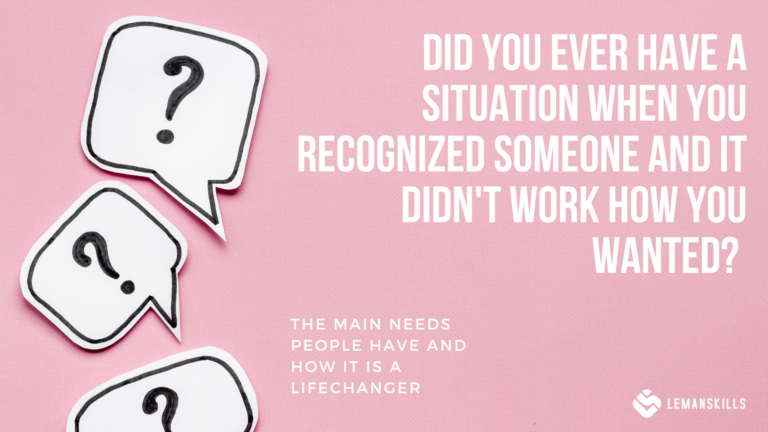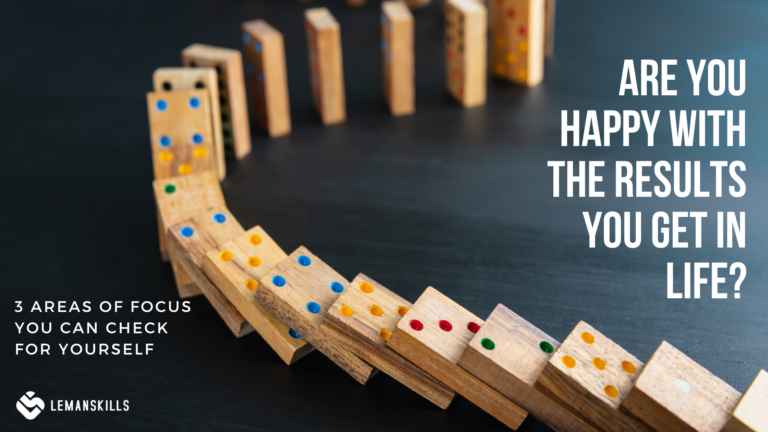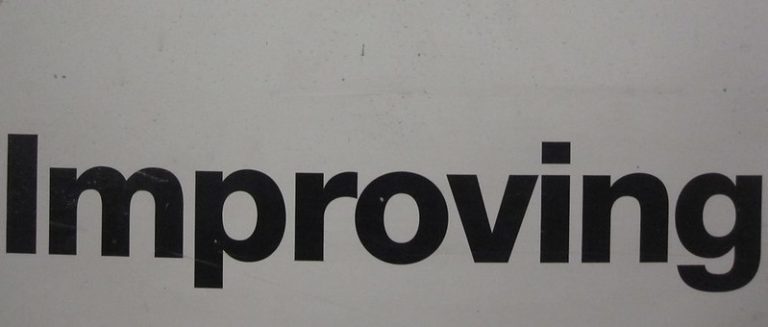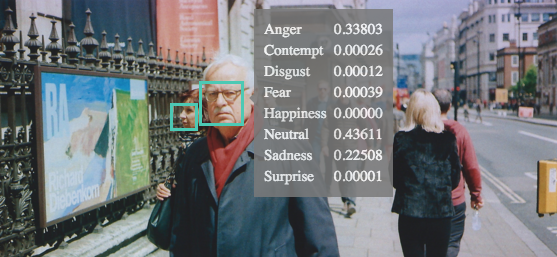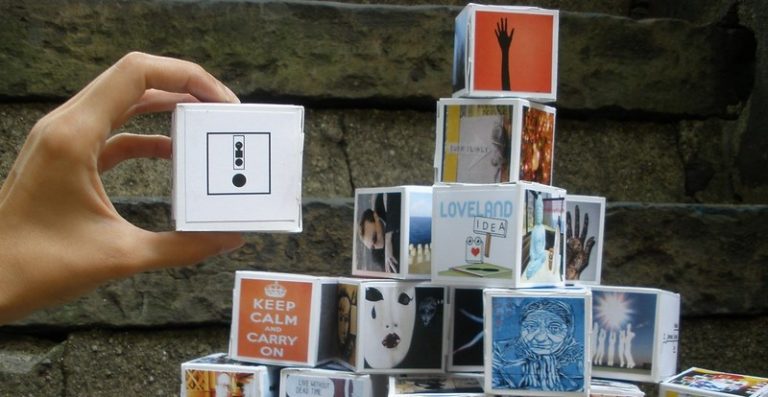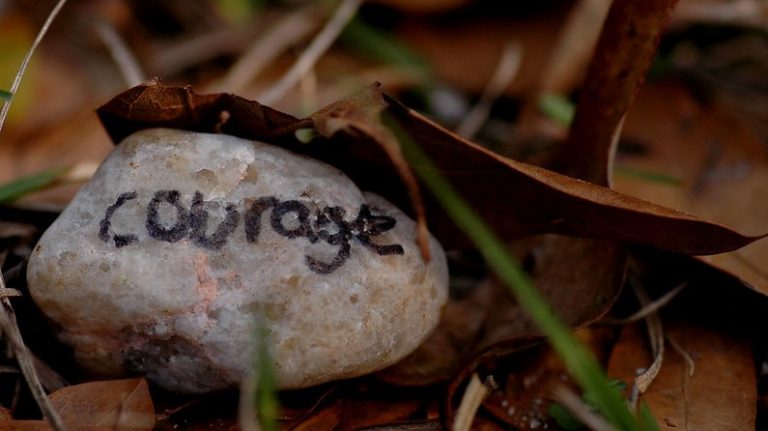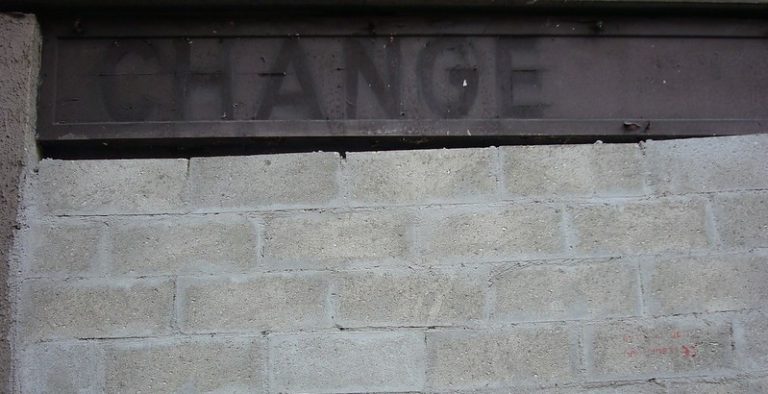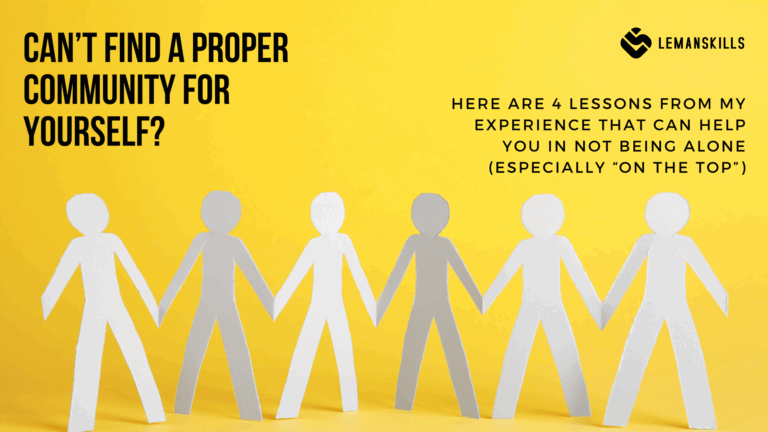
4 Things I’ve Learned About Looking For a Community
You know what they say: It’s always lonely on the top. Whatever the “top” means. Being in the board or executive team in the organization, a founder or co-founder of a startup, entrepreneur in overall. Being a top athlete, art creator, innovator of any kind. Visionary that no one really understand because their brain works in the modalities that are not available to most of the people. There are even books, articles, podcast episodes that are saying that there’s a cost of being “on the top”: Loneliness and alone, hard journey. But you know what? The last years of being an entrepreneur showed me that it’s bullshit. You don’t need to be alone, and I’ll go even further: You can’t be. Because it’s extremely hard to juggle all those hats and tasks we have on our lists to do it all on our own. Community can be the answer. That’s why I’ve decided to start looking for people who can be with me on this journey. Here’s what I’ve discovered so far (because it’s still an unfinished project) that I believe can be helpful for you in hunting for a great community for yourself. #1 Your family and friends usually aren’t the best option If you have around you people who are your cheerleaders, they support you in your work-related decisions that’s great. Not a common thing, though: I am familiar with many experiences (my own and different people I worked with or be friends with in the past) that have quite the opposite ones. Here are few examples (quite nice one, since I know also more aggressive options): “You should be happy about what you have, why you need to change something?” “If you risk, you can lose what you’ve already have.” “Maybe it’s not the best idea, stay where you are and enjoy it.” “You’ve never done something like this before.” If we think about it deeper, most of the time people don’t’ have bad intentions while saying that kind of things. They mean to protect us, reduce the risk of the failure, disappointment, loss. The truth is that most of those behaviours have a root cause in their own insecurities, fear and bad experiences from the past. Or sometimes unconscious jealousy: Because they’ve always wanted to do something like that, but they’ve never had enough courage or skills to do so. That’s why quite often people that are the closest to us are not the best when it comes to our community. The only exception I see is that they are also experts in our field and they are extremely flexible when it comes to changing the hat that they’re wearing at the certain moment. Then they can be our spouse in one moment, and the other entrepreneur in the next one. But let’s be honest here: That’s a rare situation. And it’s not about that they are bad people. They really aren’t. But we don’t need the second thoughts in our brains (more that we already have on our own). We don’t need second guessing our decisions, giving our brain more holes of fear to go into. I’ve heard years ago this, and I stick to it ever since: “I don’t take business advice from people who never ran a business. I don’t take parental advice from people who don’t have kids. I don’t take relationship advice from people who can’t build a healthy relationship.” Finding a community outside of your closest circle can be so much better for you, and for your friends & family as well. #2 Looking for community is not a weakness. It’s a strength. For a very long time in my life, I had a strong belief that I need to do everything on my own. That I need to be strong, look for answers on my own, even if it takes a lot of time and effort. It was a pattern that I’ve got in my childhood, and it helped me in many situations, but in my middle 30s is not as useful as before anymore. We all have patterns in our brains. Most of them are unconscious, printed in our wiring since we were kids. They were mechanisms that supposed to be the best solution to be worthy of love and attention of our caregivers. They answered the question: “Who do I need to be / How should I behave to “be worthy” of those who I crave the most?” And I remember that situation from my childhood where I asked a question about something and I’ve got and answer: “Go and find it in the book on your own”. It doesn’t look angry or hurtful, but it put a seed in the small person’s brain that’s saying: You can’t reach out for help, you need to do everything on your own. Sounds familiar? That’s why so many people are struggling with looking for a person, group of people or a bigger community that consists of like-minded people because they still have those beliefs that are not serving them anymore. There was a copying mechanism for a child we are not as adults. I know for me it was a journey and a healing process to go through, so my brain rewires into a new belief. There’s nothing wrong with reaching for support. I’ll go even further again: It’s a sign of strength, wisdom and an ability to use one’s resources the best possible way. Because from the rational and logical perspective we do know that if I ask somebody for something, there’s a bigger chance that I’ll resolve my problem faster. 80% of the problems I had in my past somebody else already experienced or they know somebody who did! So why wasting time and energy that we can reinvest in something else that creates more value? #3 Put yourself in the rooms where there are people who have what you want to have A couple of years


